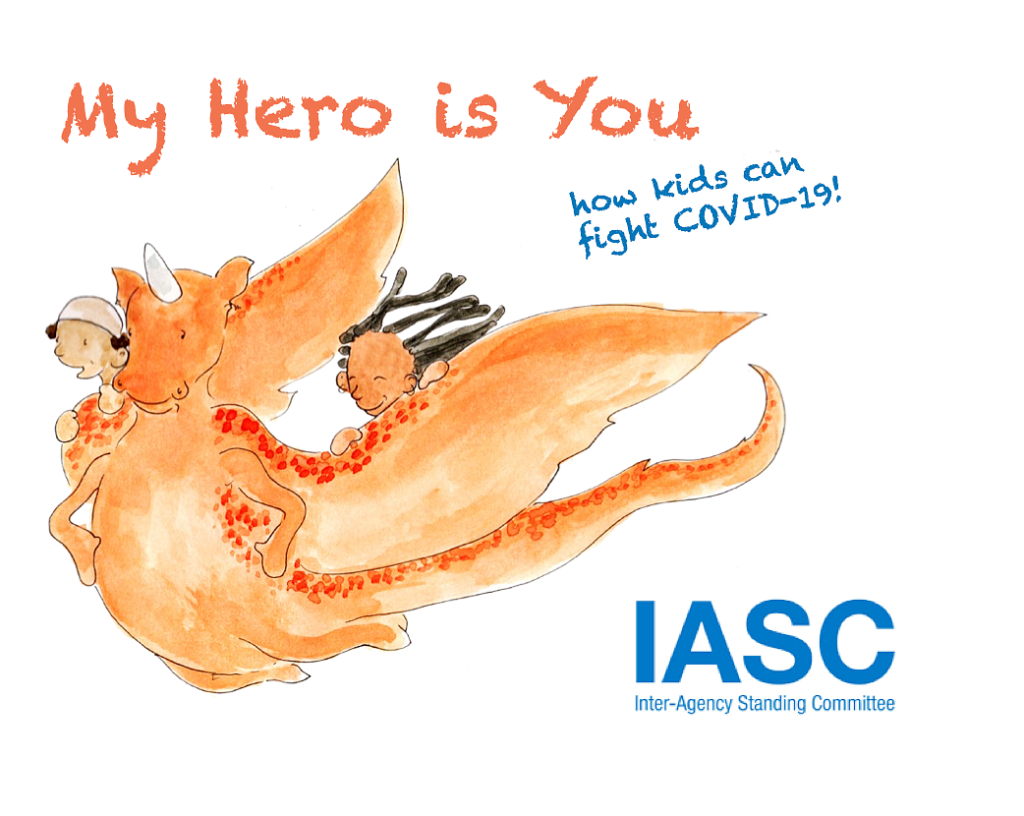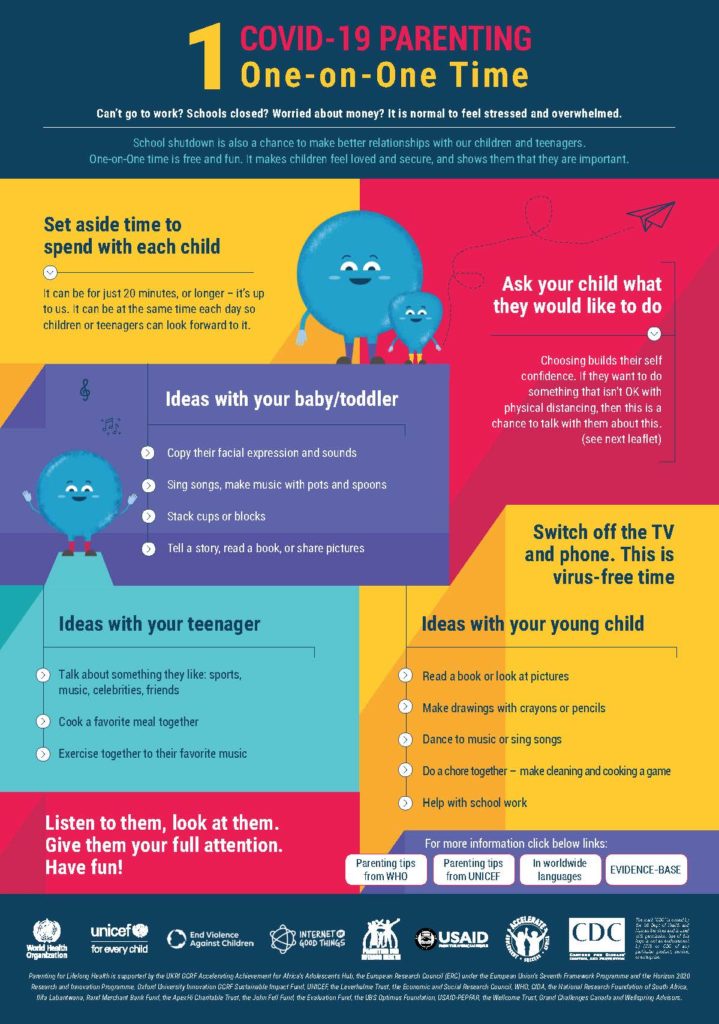While we all monitor the status of the virus both locally and around the world, there are some great resources emerging to help support families. Today, we’d like to share 5 tips and resources to help you talk to your children about COVID–19, and support them through their experiences.
1. Keeping Informed
A great place to start is keeping yourself informed, so you can discuss the situation it as a family (at the age appropriate), and when misinformation happens, validate their concerns while gently correcting misinformation. Limiting news exposure is also important, to keep the home environment (and you) feeling safe and calm. Keep up to date on how Ontario is responding, HERE.
There are also some child-friendly resources for school-age children:
- “Understanding Corona Virus and How Germs Spread” – Brains On Podcast (plus a kid-centered series on news literacy called “Prove It.”)
- “Just for kids: A comic exploring the new coronavirus” – Minnesota Public Radio
2. Supporting a Sense of Control
Focusing on the details that are most relevant and/or things that you and your child can control. For example, they can wash their hands, write letters to loved ones, and continue home routines. In fact, maintaining those home routines is more important than ever, especially the bedtime routines.

“My Hero is You, How Kids Can Fight COVID-10” is a new story book that aims to help children understand and come to terms with COVID-19, produced by a collaboration of more than 50 organizations including the WHO, the UN Children’s Fund, the UN High Commissioner for Refugees, the International Federation of Red Cross and Red Crescent Societies and Save the Children. The book explains how children can protect themselves, their families and friends from coronavirus and how to manage difficult emotions when confronted with a new and rapidly changing reality.
My Hero is You: all language versions
3. Making a Game of Handwashing
Keeping things fun is important, and one great way to keep kids enjoying the handwashing experience and washing as long as they need to, is to bring in some fun handwashing songs: https://www.fatherly.com/love-money/best-hand-washing-songs-for-kids/
In an article by Anxiety Canada, they suggest how you might make a game out of handwashing – not just with a song, but with a sticker reward system:
“I know I am reminding you to wash your hands a lot. Let’s make this into a game. If I hear you singing our “Handwashing Song” that we’ve been practicing each time you wash your hands, we’ll put a sticker on your chart. When you have x number of stickers you can choose a prize. Remember you only earn the sticker if you wash your hands when you need to, no stickers for extra washing when we don’t need to wash. Can you remind me again when are the right times to wash our hands?”
Anxiety Canada
4. Helping Children Grieve
Many children have experienced the loss of a loved one during this pandemic. It is difficult under normal conditions, but this is layered with the reality that visits to loved ones have not been allowed and funerals are not able to occur. Children’s Mental Health Ontario has released a resource to support parents and caregivers in talking with children about grief, available HERE.
5. Spending Time With Each Child
The World Health Organization shared a COVID-19 Parenting Tip Sheet series, recommending one-on-one time with each child. We’ve included it here for you, but you can see all of the posters in various languages HERE.

Keep safe, calm and connected!
